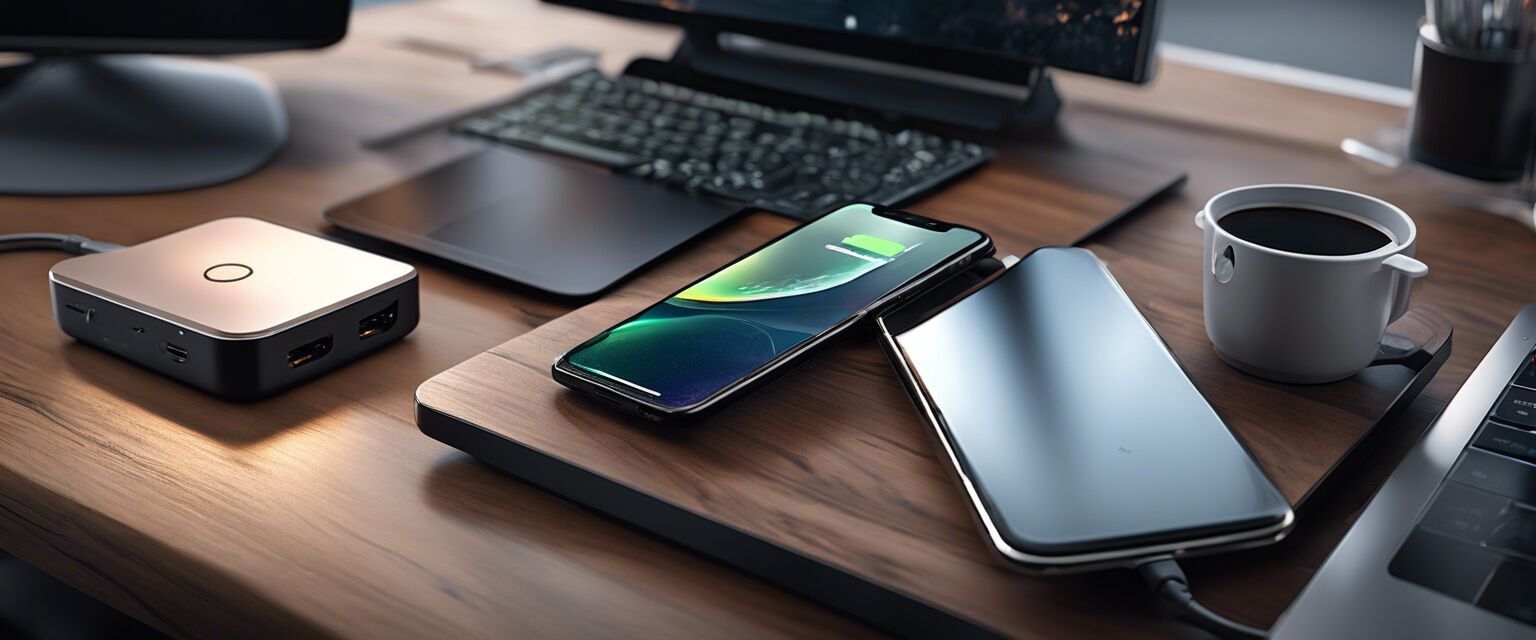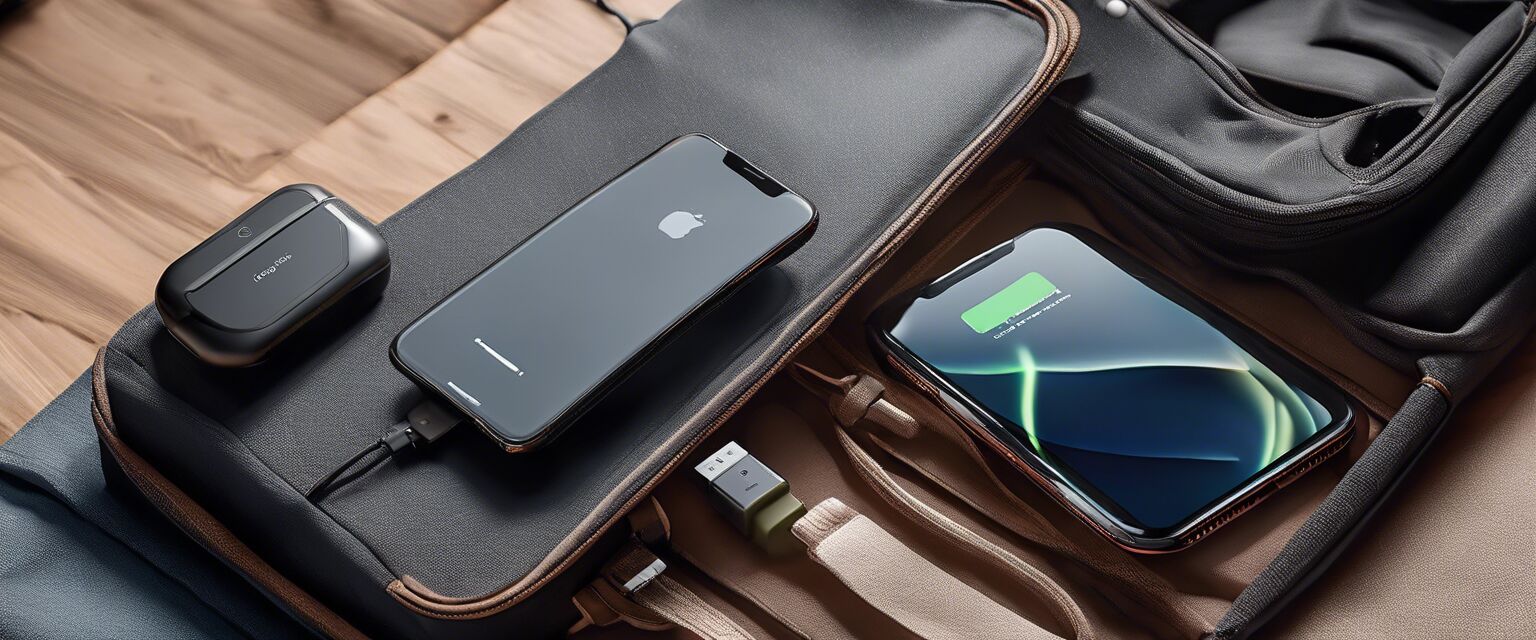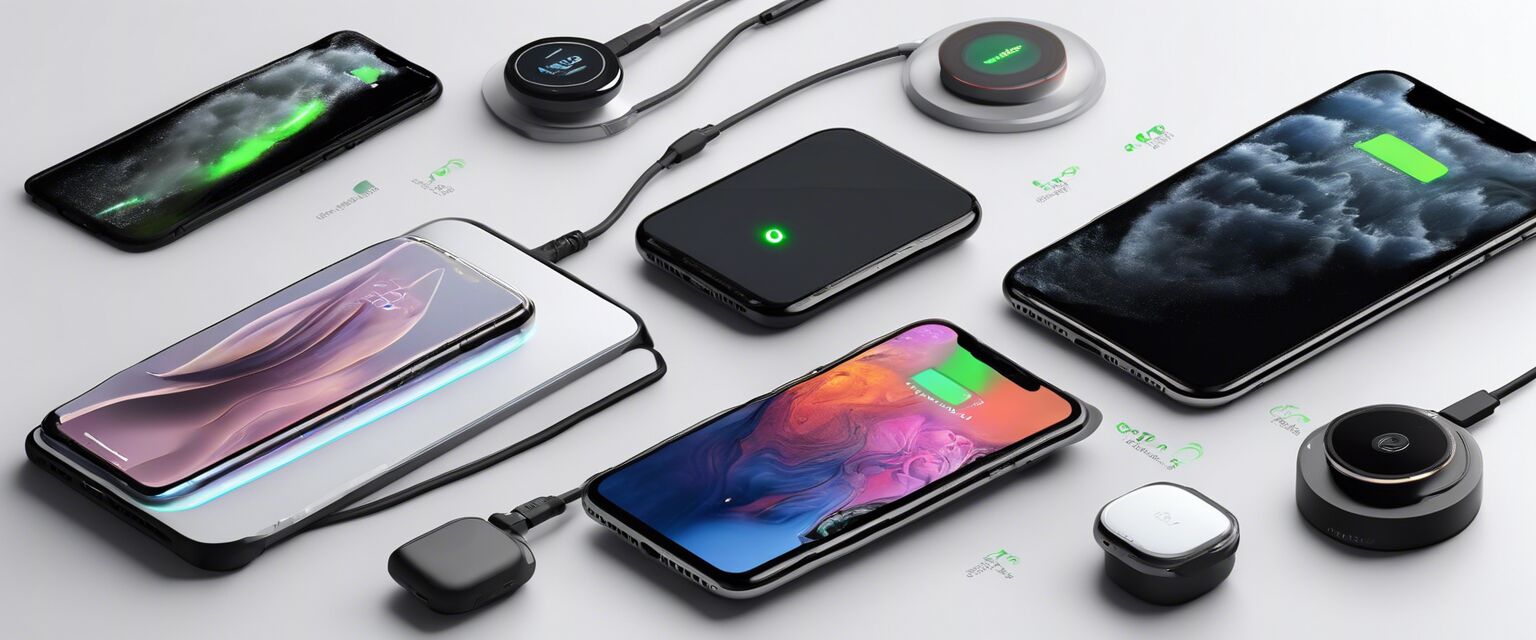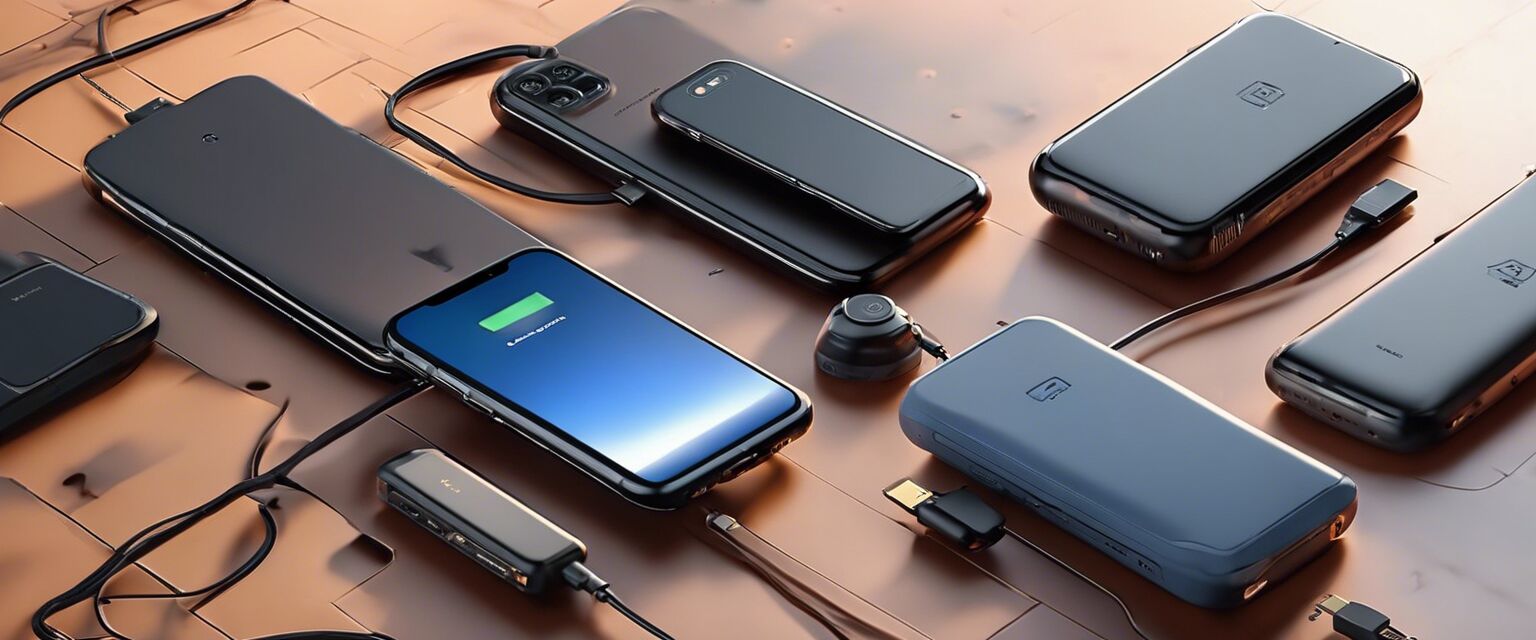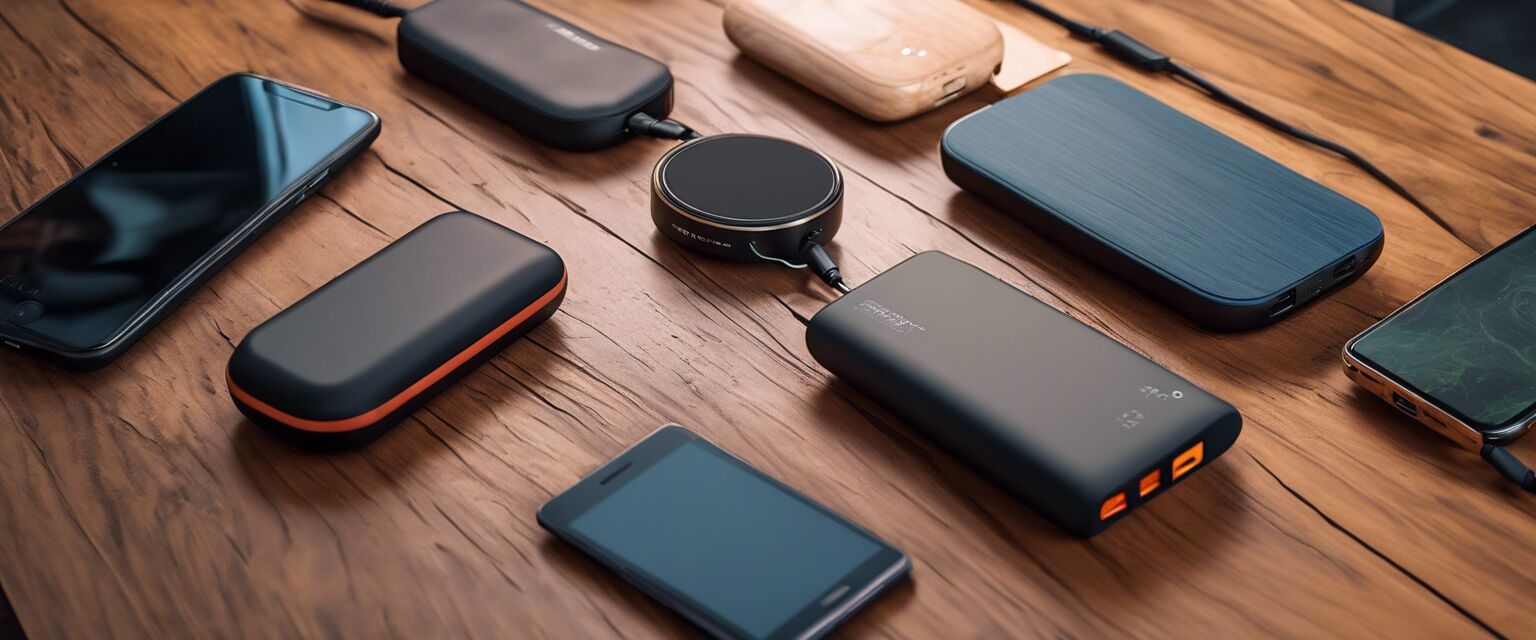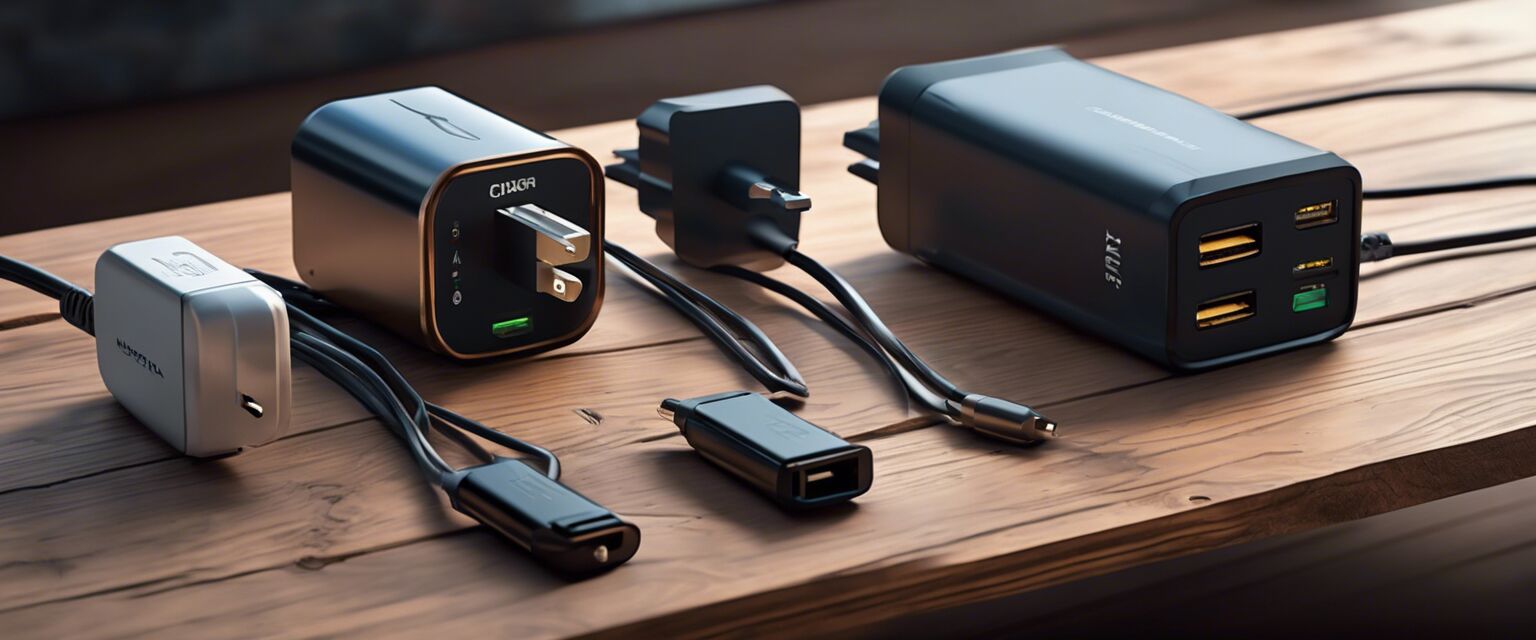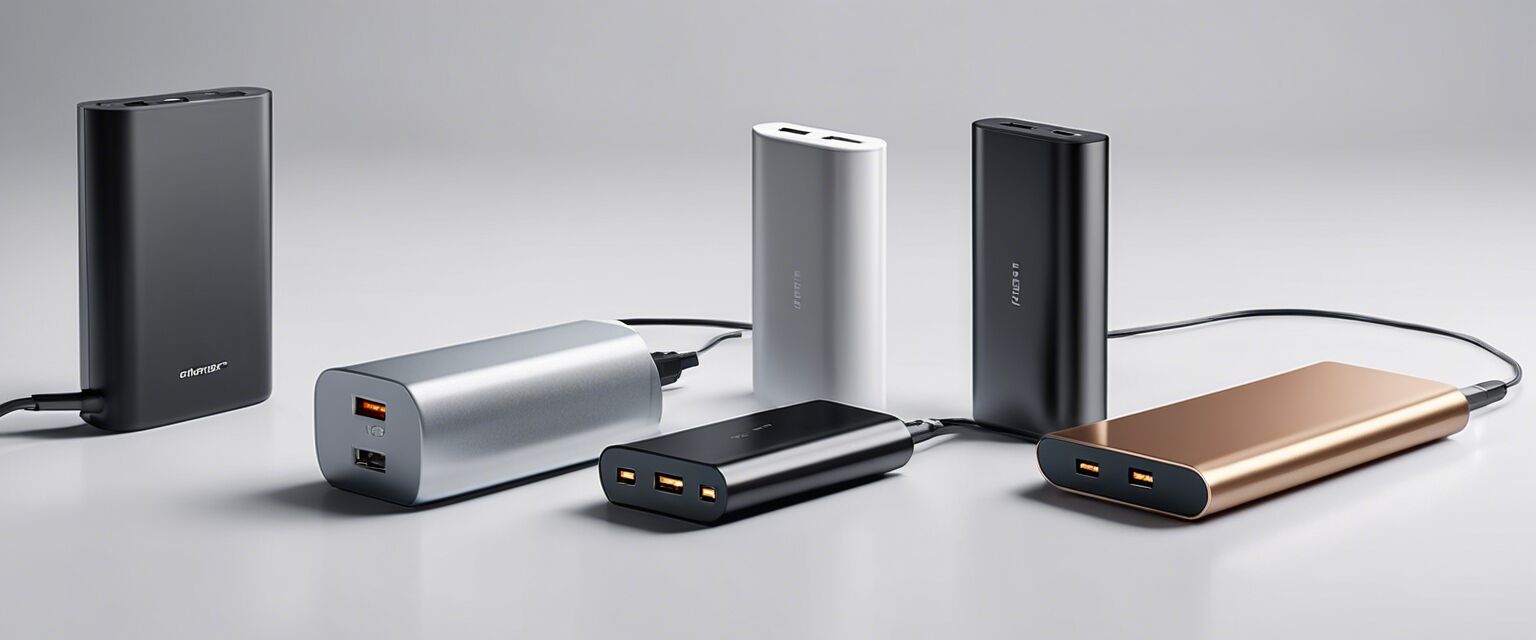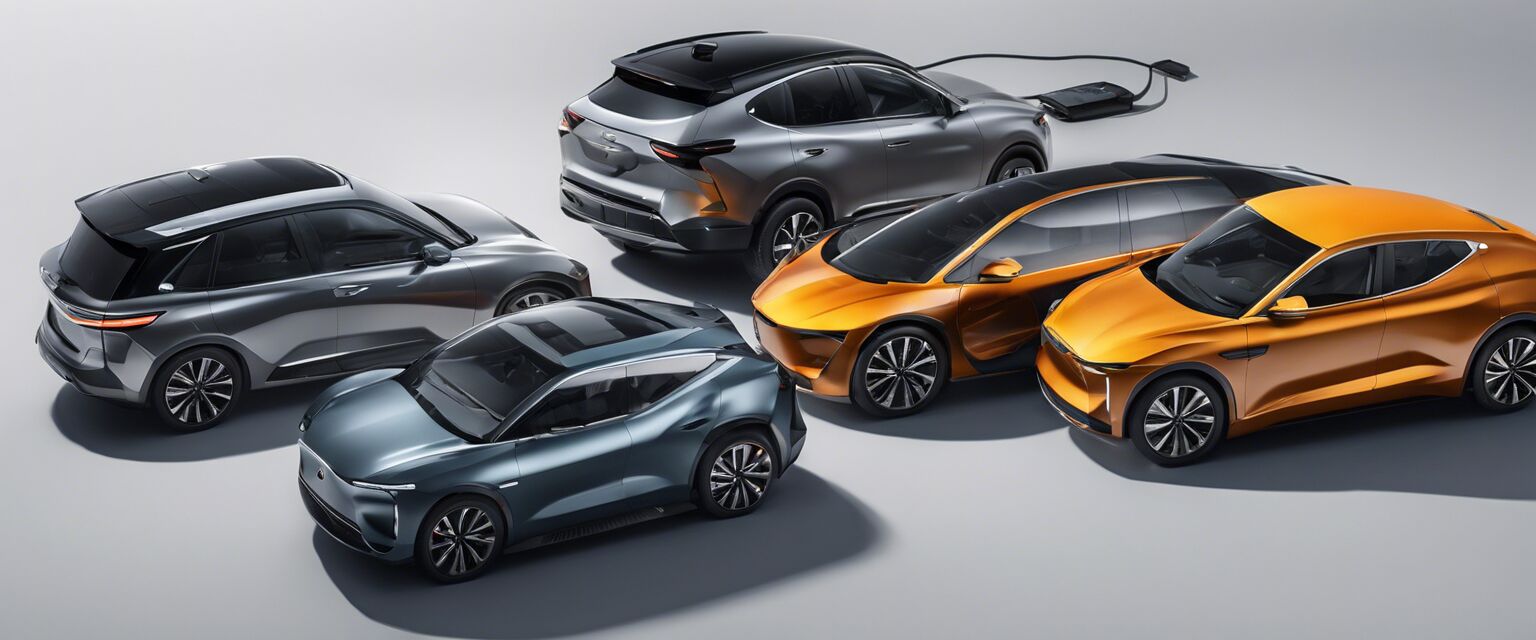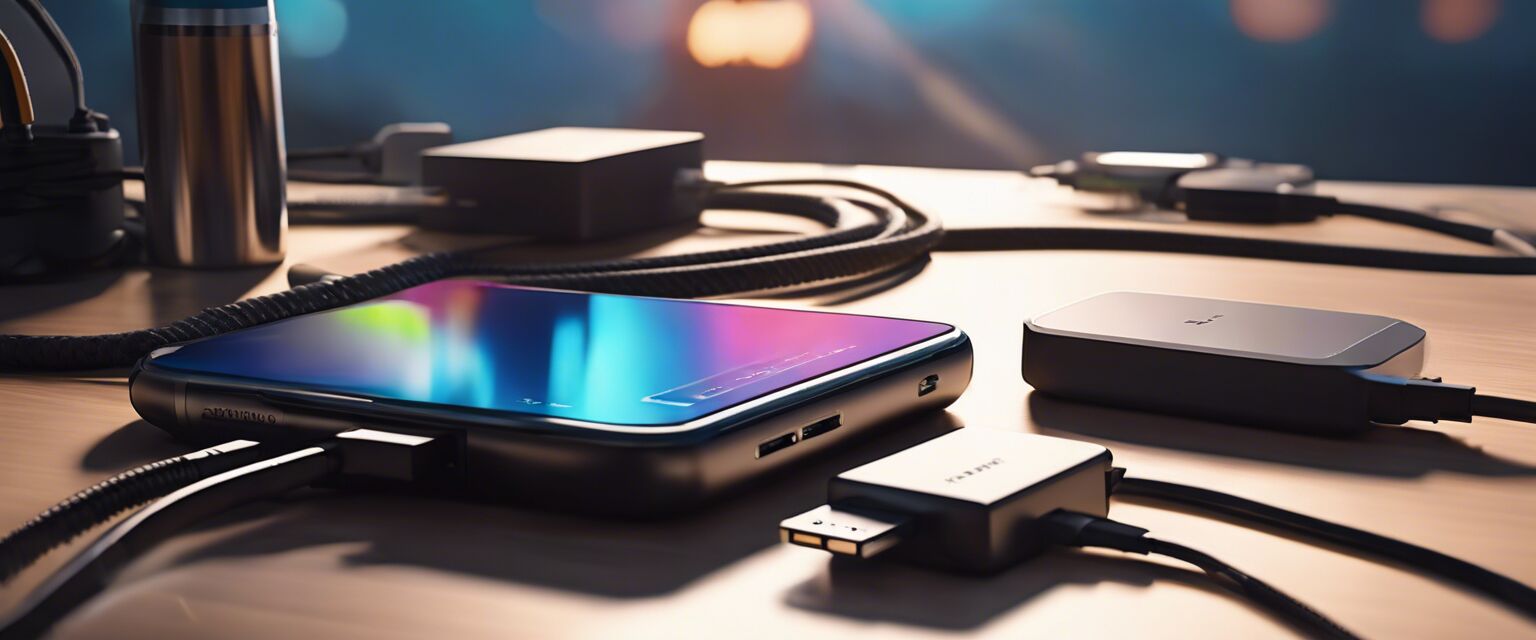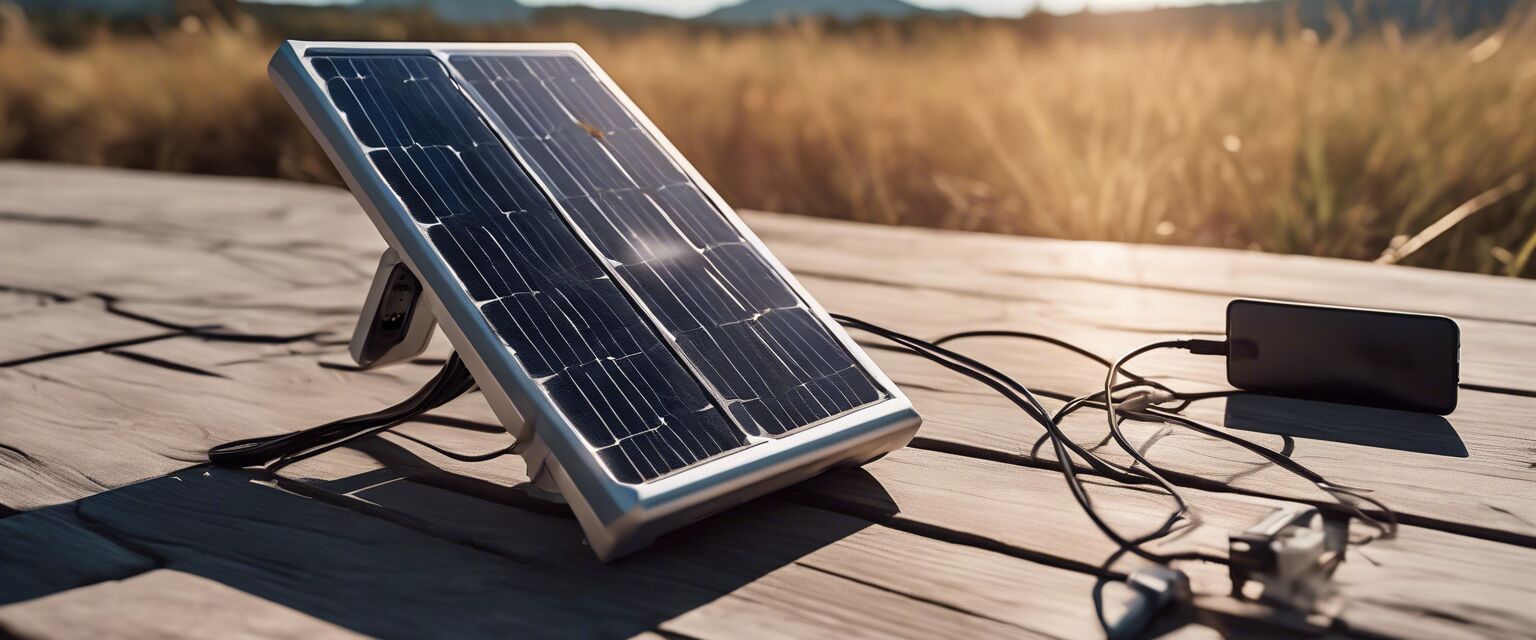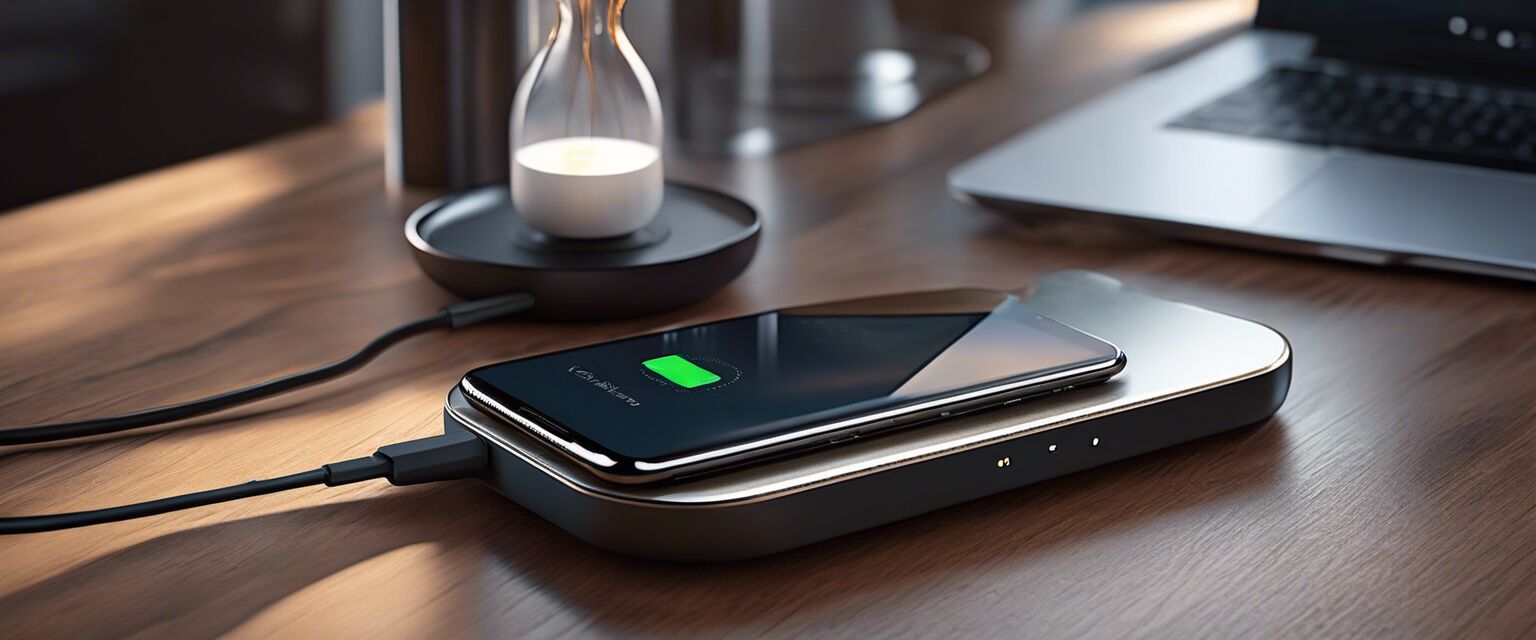
Wireless Chargers
Key Takeaways
- Wireless chargers provide convenience and ease of use.
- Compatibility varies; check your device before purchasing.
- Fast charging options are available with specific models.
- They are designed to be portable, making them ideal for travel.
- Wireless charging can contribute to a clutter-free workspace.
Wireless chargers are innovative devices that offer a hassle-free way to power up your gadgets. With the rise of smartphones and other electronic devices, the demand for convenient charging solutions has skyrocketed. In this article, we will explore the benefits, compatibility, and tips for selecting the best wireless chargers for your needs.
What are wireless chargers?
Wireless chargers use electromagnetic fields to transfer energy between the charger and the device, eliminating the need for physical connections. This technology is often referred to as inductive charging.
Benefits of wireless chargers
- Convenience: Simply place your device on the charger without fumbling with cables.
- Reduced wear and tear: Wireless charging reduces the risk of damage to charging ports.
- Clutter-free setup: Fewer cables lead to a neater workspace.
- Multi-device charging: Many wireless chargers can charge multiple devices simultaneously.
Compatibility
Not all devices support wireless charging. Here are some key points to consider:
| Device Type | Wireless Charging Standard | Notes |
|---|---|---|
| Smartphones | Qi | Most modern smartphones support Qi. |
| Smartwatches | Qi or proprietary | Check for specific model compatibility. |
| Wireless earbuds | Qi | Compatible with many charging pads. |
| Tablets | Varies | Some models may not support wireless charging. |
How to choose the right wireless charger
Tips for beginners
- Check compatibility: Ensure your device supports wireless charging.
- Look for fast charging: Consider chargers that offer fast charging capabilities.
- Portability: Choose a lightweight and compact design for travel.
- Design: Select a charger that matches your workspace aesthetics.
- Safety features: Opt for chargers with overheat and surge protection.
Types of wireless chargers
Wireless chargers come in various styles, each catering to different needs:
| Type | Description | Best For |
|---|---|---|
| Charging pad | Flat surface for placing devices. | Home and office use. |
| Charging stand | Upright design, allowing device use while charging. | Video calls or watching media. |
| Portable charger | Compact and battery-operated for on-the-go charging. | Traveling and outdoor activities. |
| Car charger | Designed to fit in a vehicle's dashboard. | Driving and road trips. |
Common misconceptions
Despite their popularity, there are several misconceptions about wireless chargers:
- Wireless charging is significantly slower than wired charging.
- Wireless chargers are only for smartphones.
- All wireless chargers work with all devices.
- Wireless charging generates a lot of heat.
Frequently asked questions (FAQs)
1. How long does wireless charging take?
Charging times vary by charger and device. Generally, it takes longer than wired charging but the convenience often outweighs the wait.
2. Can I use my phone while it's charging wirelessly?
Yes, most wireless chargers allow you to use your device while it's charging.
3. Is wireless charging safe for my device?
Yes, most wireless chargers have built-in safety features to protect your device from overcharging and overheating.
4. Do I need a special case for wireless charging?
Some cases may interfere with wireless charging; it's best to check if your case is compatible.
5. Can I use a wireless charger with older phone models?
If your older phone model does not support wireless charging natively, you can purchase a wireless charging receiver that is compatible.
Pros
- Convenient and easy to use.
- Reduces wear on charging ports.
- Can charge multiple devices simultaneously.
- Offers a cleaner look with fewer wires.
Cons
- Generally slower than wired charging.
- May need to adjust device position for optimal charging.
- Not all devices are compatible.
- Can be more expensive than traditional chargers.
Conclusion
Wireless chargers are revolutionizing the way we power our devices, offering convenience and reducing the clutter of cables. By understanding the benefits, compatibility, and types available, you can choose the right wireless charger to enhance your charging experience.
Related articles
Further resources
For more information on wireless charging technology and devices, consider exploring our detailed guides on wireless chargers and other products to find the best solutions for your needs.
